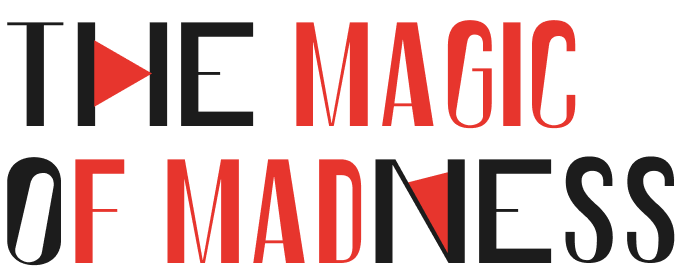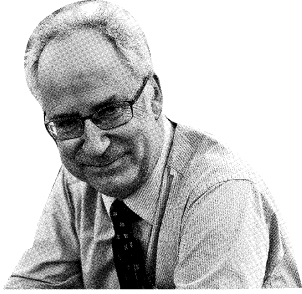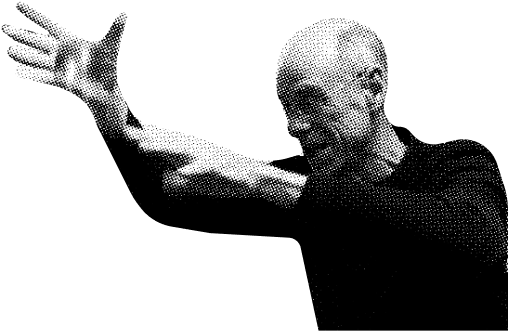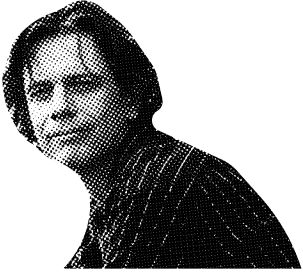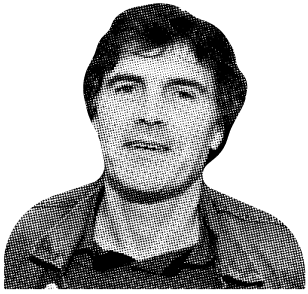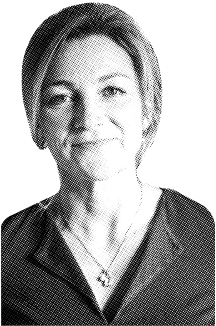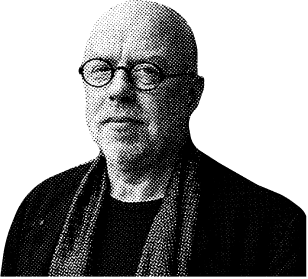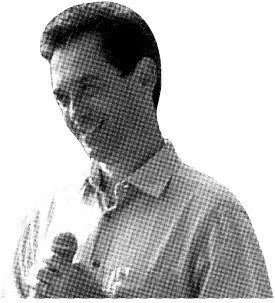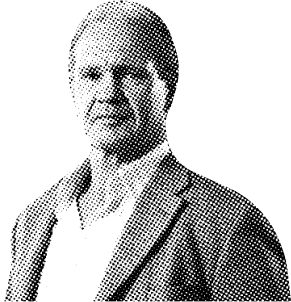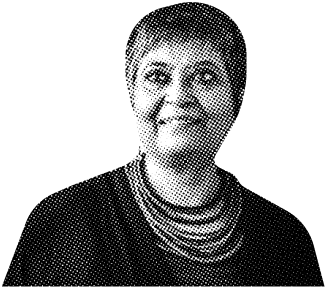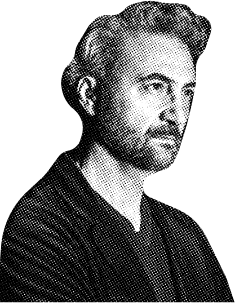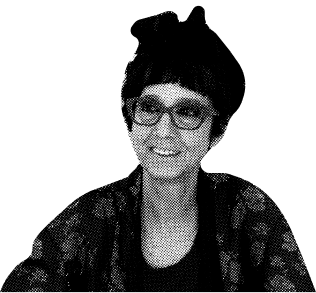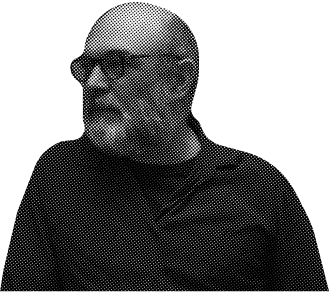The loops and links between art, dreams, magic and madness
have long fascinated and agitated the human species in equal measure.
Why? ![]()
This one-day symposium brings together leading voices from across the globe
in psychiatry, psychology, philosophy and art to discuss and analyse
the place of madness in society, the place of society in madness, and
implications for the future of humanity.
10:00 WELCOME: Richard Hallward

10:10 Keynote: Prof WJT Mitchell (Chicago), “Seeing Through
Madness”
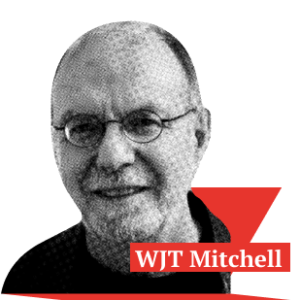
KEY NOTE: “Seeing Through Madness”
SESSION 1: MADNESS IN SOCIETY
PANEL 1: Expectation and its disruption: The theory and practice of madness versus the treatment of madness, have we got this constructively right or destructively wrong?
11.00 Presenter: Dr Françoise Davoine (Paris), “The Theatre of Fouls”
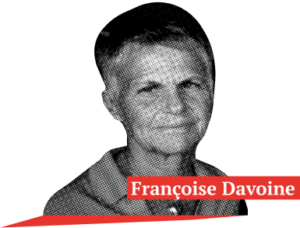
11.20. Panel Discussion
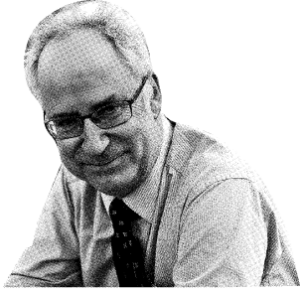
Chair:
Prof. Sir Simon Wessely (London)
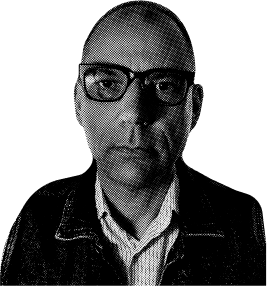
Prof. David Bates (San Francisco)
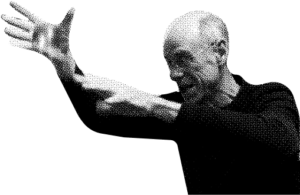
Dr Richard Bulmer (Guildford)
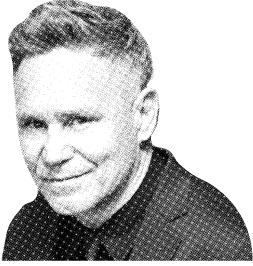
Richard Hallward (Warsaw)
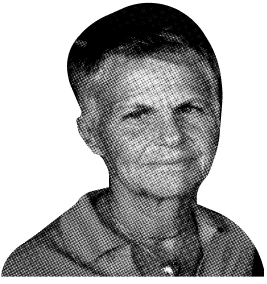
Dr Françoise Davoine (Paris)
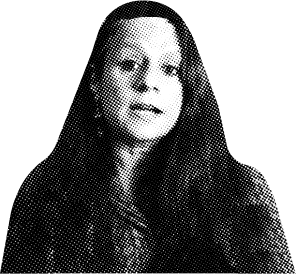
Dr Shruti Kapila (Cambridge)
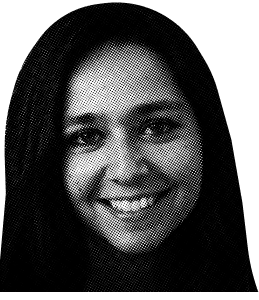
Dr Catarina Pombo Nabais (Lisbon)
12.00 Audience Q&A
12:20 LUNCH
SESSION 2: MADNESS AND ASYLUM
PANEL 2: Who’s the madman? The reality of madness inside the asylum, outside the asylum, and the path to extinction
13.40 Presenter: Angela Findlay (Stroud), “The sanity of the arts
within the madness of a prison”.

14.00 Panel Discussion
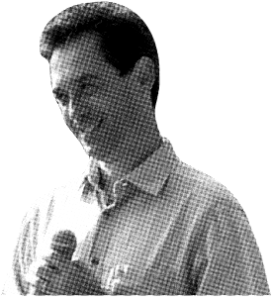
Chair: Johnny Acton (Stroud)
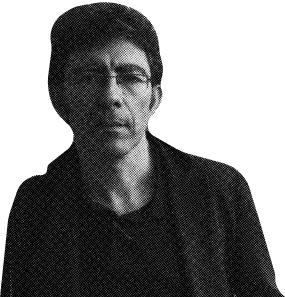
Dr Mario Caeiro (Obidos)
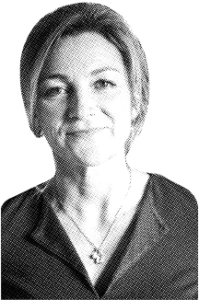
Angela Findlay (Stroud)
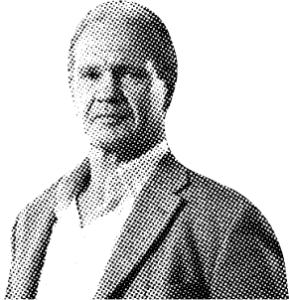
Erwin James (Wrexham)
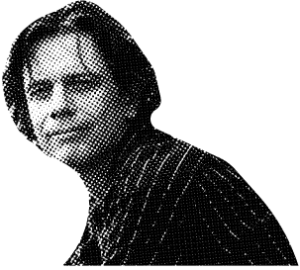
Dr Wouter Kusters (Gouda)
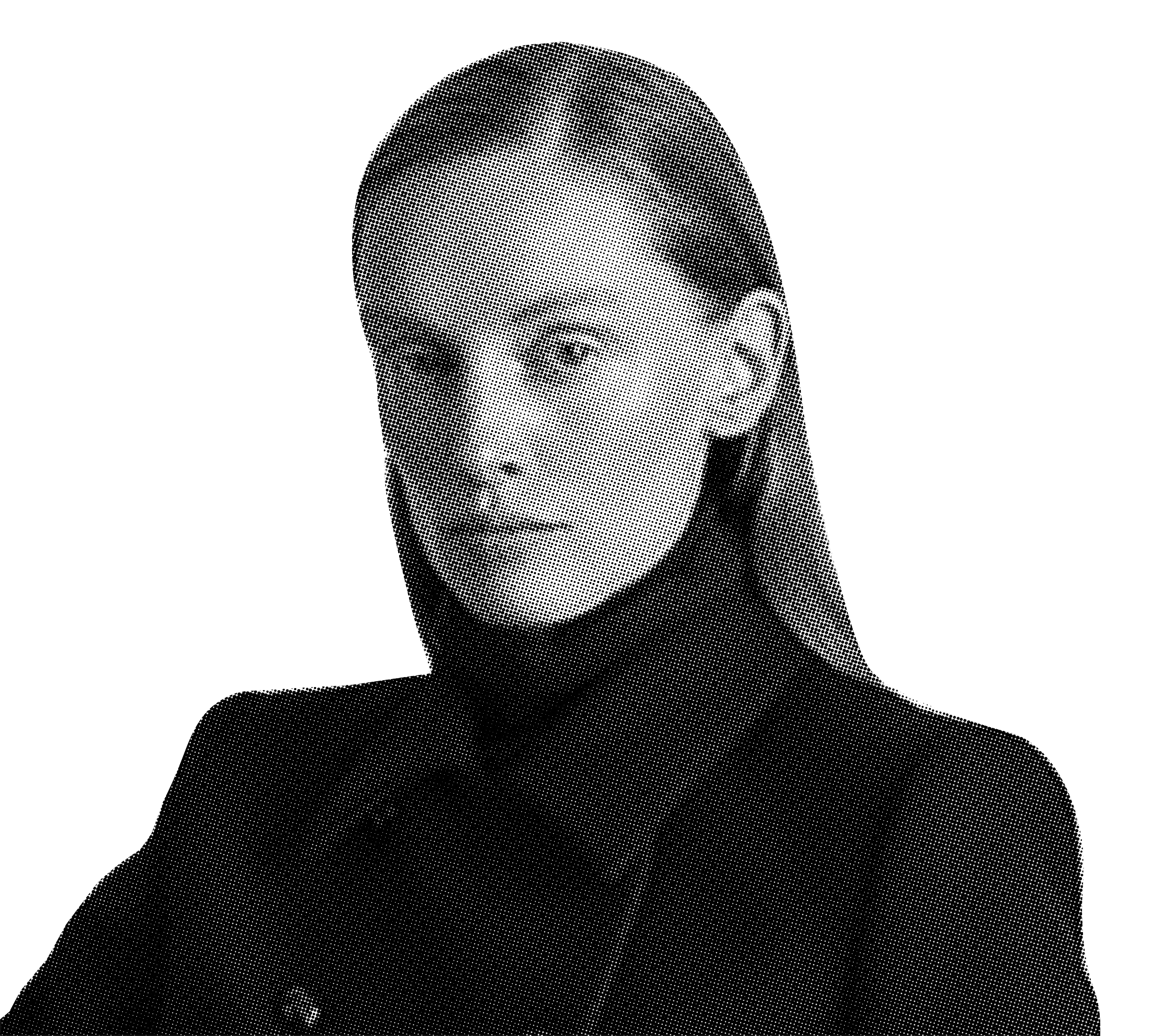
Bianca O’Brien (Paris)
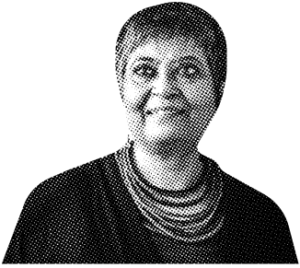
Ratnaboli Ray (Kolkata)
14:50 Audience Q&A
15.05 TEA BREAK
SESSION 3: MADNESS IN ART
PANEL 3: The surreal versus the real: What common ground or tension is there between madness, dreams, magic and art, and why?
15.30 Presenter: Prof. Yehuda Safran (New York), “Laughter and Madness”.
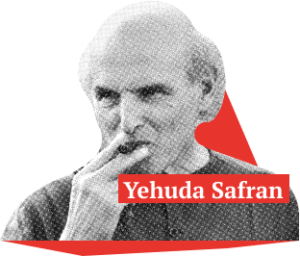
15:50 Panel Discussion
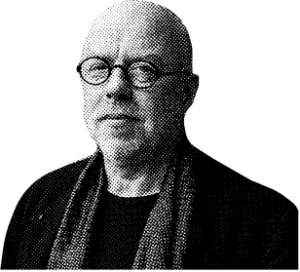
Chair: Prof. Hubertus von Amelunxen (Berlin)
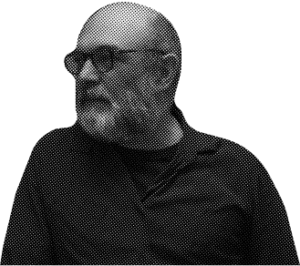
Carlos Amorales (Mexico City) (online)
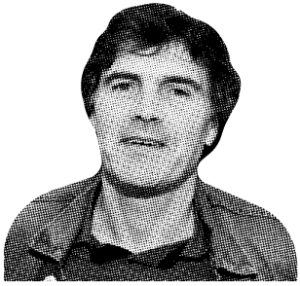
Prof. Paul Ardenne (Amiens)
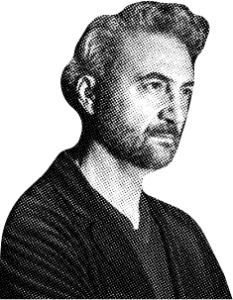
Prof. Raffaele Gavarro (Rome)
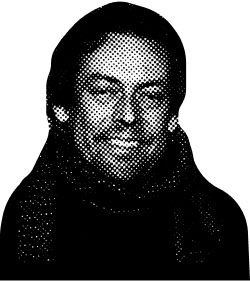
Prof. Dominik Lejman (Berlin/Poznan)
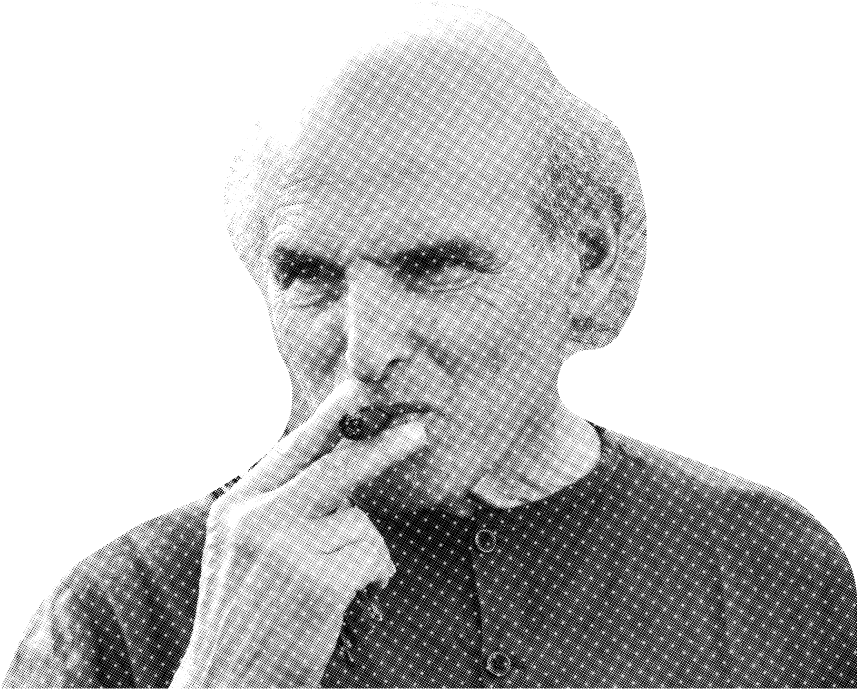
Prof. Yehuda Safran (New York)
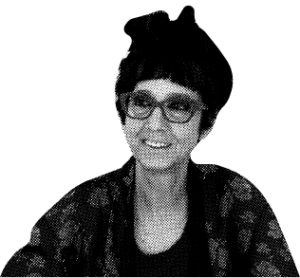
Prof. Avital Ronell (New York) (online)
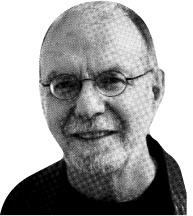
Prof. WJT Mitchell (Chicago) (online)
16.50 Audience Q&A
17.00 CLOSING REMARKS
Krzysztof Leon Dziemaszkiewicz: Performative intervention
in the Kids Asylum
17.30 VERNISSAGE COCKTAIL [red triangle] links to SYMPOSIUM info page L U N A T I C S
